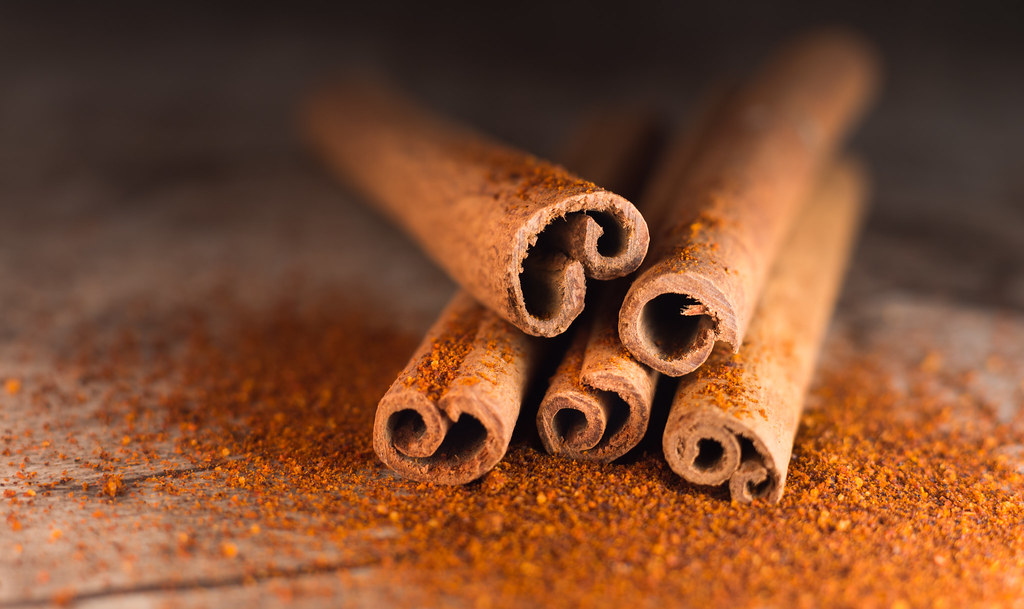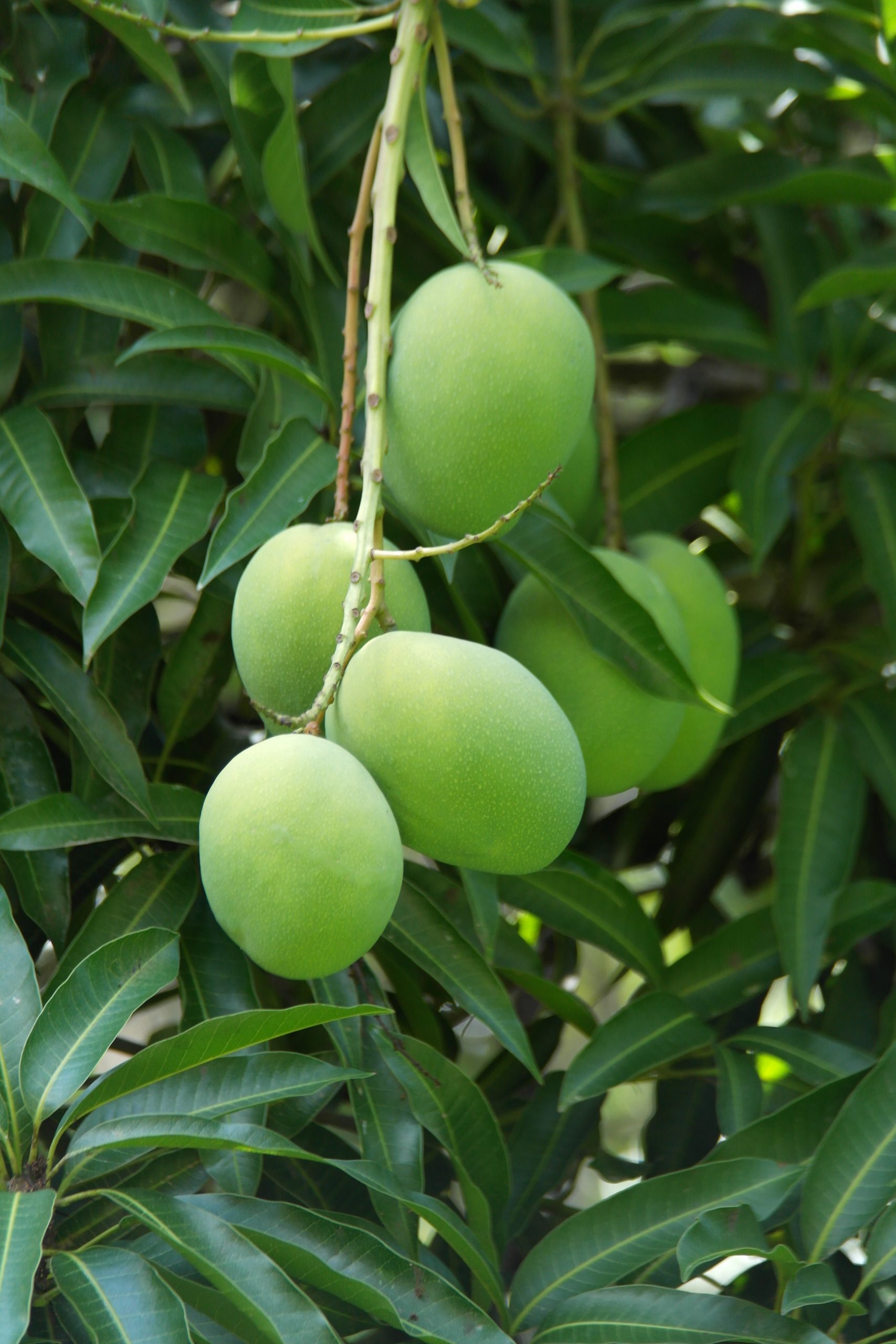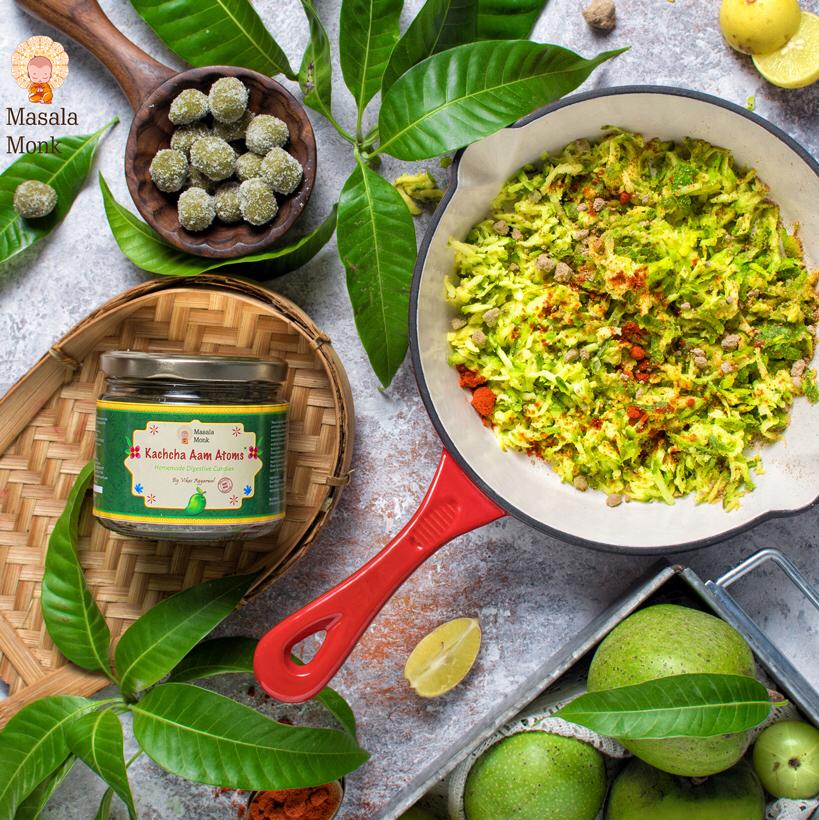
For people living with diabetes, keeping blood sugar levels in check is a constant task. But that should not stop you from staying active and fit. Physical activity is, in fact, beneficial for controlling diabetes. However, with exercise comes the need for proper hydration, especially if it’s intense and causes you to sweat. This blog post brings you five wonderful homemade electrolyte drink recipes that are specifically designed for people with diabetes.
Why Are Electrolytes Important?
Electrolytes are minerals that help maintain the balance of fluids in your body. They’re crucial for nerve and muscle function and maintaining the pH balance in your body. When you sweat during workouts, you lose electrolytes, primarily sodium and potassium. Replenishing these is essential to avoid muscle cramps, fatigue, and dehydration.
1. Sugar-Free Citrus Electrolyte Drink
A tangy electrolyte drink that’s as refreshing as it is healthy. Lemon and lime provide the zesty kick while Stevia sweetens the drink without spiking your blood sugar.
Recipe Ingredients:
- Juice of 1 lemon
- Juice of 1 lime
- 1/4 teaspoon of Stevia
- 2 cups of water
- A pinch of sea salt
What’s Good in It:
- Lemon and Lime: High in vitamin C, they also add a zesty flavor to the drink.
- Stevia: A natural sweetener that does not affect blood sugar levels.
- Sea Salt: Provides sodium, which is lost during workouts.
Directions:
- Squeeze the juice of one lemon and one lime into a glass.
- Add the Stevia, water, and a pinch of sea salt.
- Stir well and enjoy your refreshing, sugar-free post-workout drink.
2. Diabetic-Friendly Berry Blast
A nutrient-packed smoothie that’s naturally low in sugar. Berries add a burst of freshness and natural sweetness, while chia seeds provide a boost of fiber.
Recipe Ingredients:
- 1 cup of mixed berries (strawberries, blueberries, raspberries)
- 1 tablespoon of chia seeds
- 2 cups of unsweetened almond milk
What’s Good in It:
- Berries: Low in sugar but high in fiber and antioxidants.
- Chia Seeds: Rich in fiber, protein, and omega-3 fatty acids.
- Almond Milk: Low in sugar and a great source of calcium.
Directions:
- Add the berries, chia seeds, and unsweetened almond milk into a blender.
- Blend until smooth.
- Pour it into a glass and enjoy this nourishing post-workout smoothie.
3. Cucumber Mint Cooler
A thirst-quenching drink that’s perfect for hot summer days. Cucumber provides hydration, and mint adds a refreshing flavor.
Recipe Ingredients:
- 1 cucumber
- A few fresh mint leaves
- Juice of 1 lemon
- 2 cups of water
What’s Good in It:
- Cucumber: High in water content and a good source of several essential minerals.
- Mint: Known for its cooling properties and aids in digestion.
- Lemon: Adds a tangy kick and is high in vitamin C.
Directions:
- Slice the cucumber and add it into a blender along with mint leaves, lemon juice, and water.
- Blend until smooth.
- Pour it through a strainer into a glass, discarding the pulp.
- Enjoy this hydrating and refreshing post-workout cooler.
4. Avocado and Spinach Smoothie
A nutrient-dense smoothie that provides a balance of protein, healthy fats, and fiber. The avocado adds creaminess while spinach brings a powerhouse of nutrients to the table.
Recipe Ingredients:
- 1 ripe avocado
- A handful of spinach leaves
- 1 cup of unsweetened almond milk
- A pinch of sea salt
What’s Good in It:
- Avocado: High in healthy fats, fiber, and various important nutrients.
- Spinach: A nutrient powerhouse packed with vitamins, minerals, and antioxidants.
- Almond Milk: Low in sugar and a great source of calcium.
- Sea Salt: Provides sodium that is lost during workouts.
Directions:
- Add the avocado, spinach leaves, unsweetened almond milk, and a pinch of sea salt into a blender.
- Blend until smooth.
- Pour it into a glass and enjoy this nutrient-packed post-workout smoothie.
5. Green Tea and Ginger Hydrator
A soothing and hydrating drink, perfect for after a workout. Green tea provides a subtle caffeine kick while ginger adds a warming touch.
Recipe Ingredients:
- 1 cup of brewed green tea (cooled)
- 1-inch piece of fresh ginger, peeled
- Juice of 1 lemon
- 1/4 teaspoon of Stevia
- 2 cups of water
What’s Good in It:
- Green Tea: Packed with antioxidants and provides a mild caffeine boost.
- Ginger: Known for its anti-inflammatory properties and aids in digestion.
- Lemon: High in vitamin C.
- Stevia: A natural sweetener that does not affect blood sugar levels.
Directions:
- Brew a cup of green tea and let it cool.
- Add the cooled green tea into a glass along with grated ginger, lemon juice, Stevia, and water.
- Stir well and enjoy this soothing and hydrating post-workout drink.
Journey of Wellness Continues
We’re glad you joined us in exploring these diabetic-friendly homemade electrolyte drink recipes. But we have so much more to share to make your wellness journey enjoyable:
- If you engage in regular workouts, our Post-Workout Electrolyte Drink Recipes are the perfect way to replenish lost fluids and electrolytes.
- Keto lifestyle followers can benefit from our specially curated Keto-friendly Electrolyte Drink Recipes.
- If fasting is a part of your routine, check out our Fasting-friendly Electrolyte Drink Recipes. These recipes are designed to keep you energized while maintaining your fasting regimen.
- Our DIY Natural Electrolyte Drinks for Dehydration can be your go-to guide for staying hydrated, especially during those hot summer months.
- And, of course, we welcome you to revisit our master guide on Natural Homemade Electrolyte Drink DIY Recipes, which kickstarted this entire series.
Frequently Asked Questions
1. Why are electrolytes important for people with diabetes?
Electrolytes are crucial for a number of bodily functions, including the regulation of nerve and muscle function, hydration, balancing blood acidity and pressure, and helping in rebuilding damaged tissue. For people with diabetes, who might be at an increased risk for dehydration due to high blood sugar levels, maintaining electrolyte balance becomes even more critical.
2. Will homemade electrolyte drinks affect my blood sugar levels?
The effect on blood sugar levels will largely depend on the ingredients used in the drink. By choosing low-sugar or sugar-free options, you can make electrolyte drinks that won’t significantly affect your blood sugar levels.
3. Can I replace commercial electrolyte drinks with homemade ones for my workouts?
Absolutely! Homemade electrolyte drinks can be just as effective as commercial ones. By making your own, you can control the ingredients, making sure you’re getting what you need without the extra sugars and additives often found in commercial drinks.
4. How often should I consume homemade electrolyte drinks?
This depends on your individual needs and lifestyle. If you’re active, you might want to consume them more frequently, especially after workouts. For everyday hydration, one or two glasses a day can be beneficial. But always listen to your body and consult your healthcare provider.
5. Can I store these homemade electrolyte drinks?
Yes, you can prepare a batch and store it in the refrigerator. It’s best consumed within 1-2 days for freshness and optimal taste.
6. Can I customize these homemade electrolyte drink recipes?
Definitely! The best part about homemade recipes is that you can adjust them to suit your taste and nutritional needs. Feel free to experiment with different fruits, herbs, and natural sweeteners.
7. Can these homemade electrolyte drinks help in managing my diabetes?
While these drinks can’t directly manage your diabetes, they can contribute to overall well-being and hydration, which is crucial for everyone, including people with diabetes.
8. What fruits can I use in my homemade electrolyte drinks?
You can use any fruits that you enjoy and can tolerate. Some fruits like oranges, lemons, strawberries, and pineapples are great choices as they are high in vitamins and minerals.
9. Can I use Stevia in my homemade electrolyte drinks?
Yes, you can use Stevia or any other non-nutritive sweetener of your choice. It’s a good option if you want to keep the drink low in calories and sugar-free.
10. Are these recipes suitable for children with diabetes?
These recipes are made with natural ingredients and can be suitable for children. However, it’s always best to consult with a pediatrician or dietitian before introducing new dietary items to a child’s regimen.
Conclusion
Managing diabetes doesn’t mean you have to compromise on taste or nutritional needs, especially when it comes to post-workout hydration. Try these homemade diabetic-friendly electrolyte drinks and enjoy the refreshing and healthful benefits they offer.
Blog Tags: Homemade diabetic electrolyte drink, post-workout hydration, natural drink, DIY electrolyte drink, workout recovery, health and wellness, diabetes management













